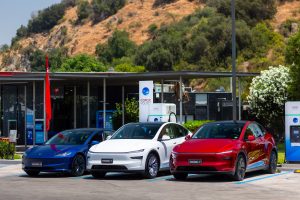
Estafeta, Huawei, MercadoLibre, Motive and Yutong Guadalajara Display the Technology Landscape for Logistics and Last Mile Transportation
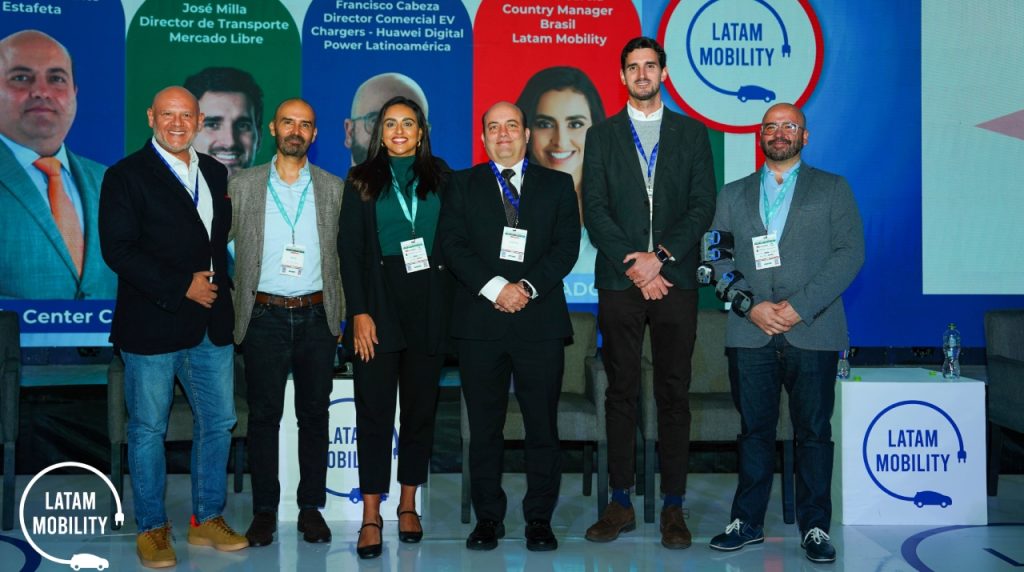
Logistics transportation has rapidly evolved, driven by the need for efficiency, sustainability, and adaptation to a changing environment.
In this regard, Latam Mobility & Net Zero: Mexico 2024 gathered over 1,200 attendees, 80 speakers, and representatives from over 30 countries at the World Trade Center in Mexico City to discuss various important topics, including “Logistics Transportation and Last Mile Technology.”
Knowing this, Fausto López, CEO & founding partner of Yutong Guadalajara, Santiago Canales, Regional VP of Motive, Francisco Cabeza Santillana, commercial director of EV Chargers at Huawei Digital Power Latin America, José Milla, transportation director at Mercado Libre, and Ernesto Tatay, district director of Estafeta, shared their perspectives on the challenges and opportunities in implementing sustainable transportation solutions in this sector, led by the moderation of Daniela García, Country Manager in Brazil for Latam Mobility.
Initial Investment and Operational Optimization
Fausto López, with 35 years of experience in the market, leads Yutong Guadalajara. He has worked with Ford and Volkswagen. “The initial investment in electric transportation technologies is important because many companies are still reluctant due to a lack of knowledge about the benefits they can offer,” he stated.
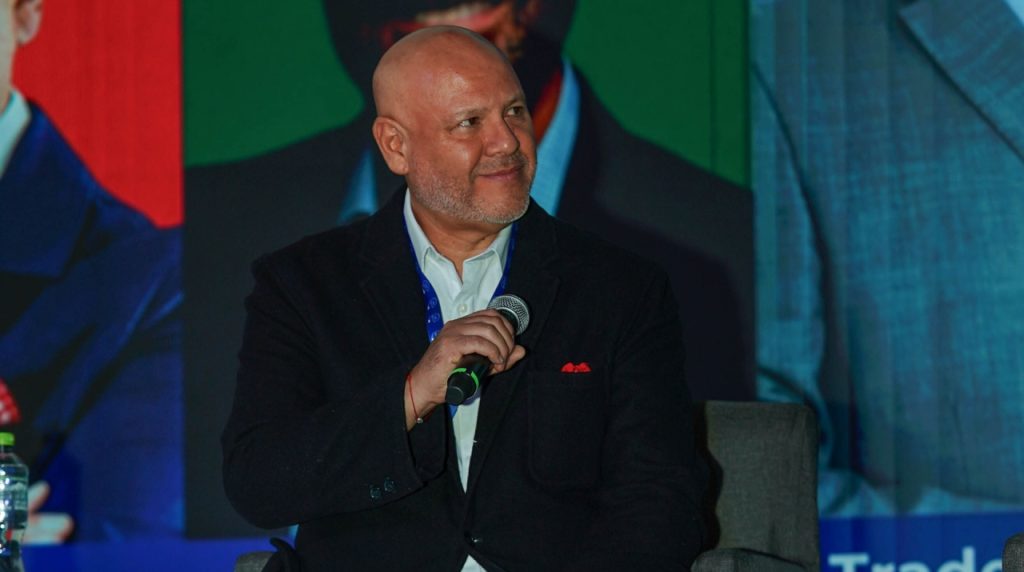
Santiago Canales, regional vice president of Motive, commented that operational optimization and risk reduction are key.
“Artificial intelligence and the use of data are essential to improving productivity and efficiency in logistics transportation, making it necessary to integrate technologies into the existing architectures of companies,” he asserted.
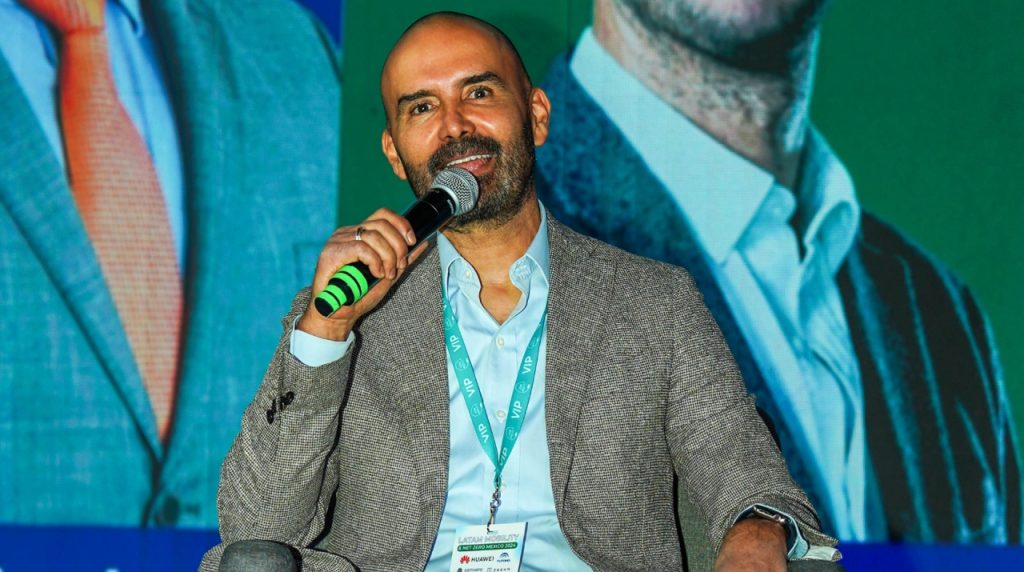
Logistics and Infrastructure
Ernesto Tatay from Estafeta contributed his experience in logistics, especially in the port and distribution sectors, highlighting the cultural challenges and fear of change that hinder the adoption of more sustainable technologies.
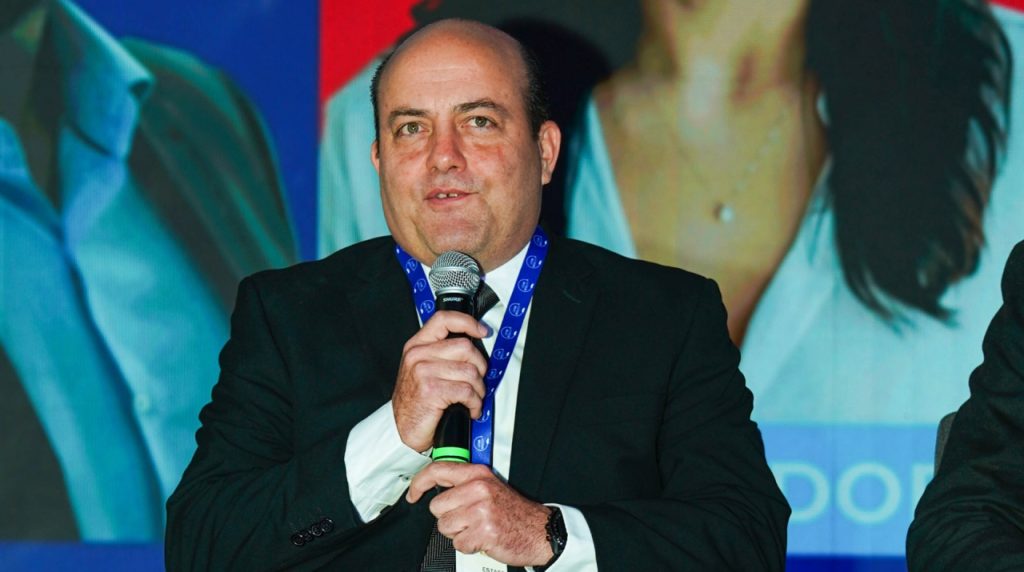
“Training for the technical staff handling the new electric vehicles is necessary,” he said. José Emilia, transportation director at Mercado Libre, shared that infrastructure is one of the biggest challenges.
“Although the company has developed its logistics network, the penetration of charging infrastructure remains low in many locations. Technology and culture in adopting sustainable solutions are important,” he pointed out.
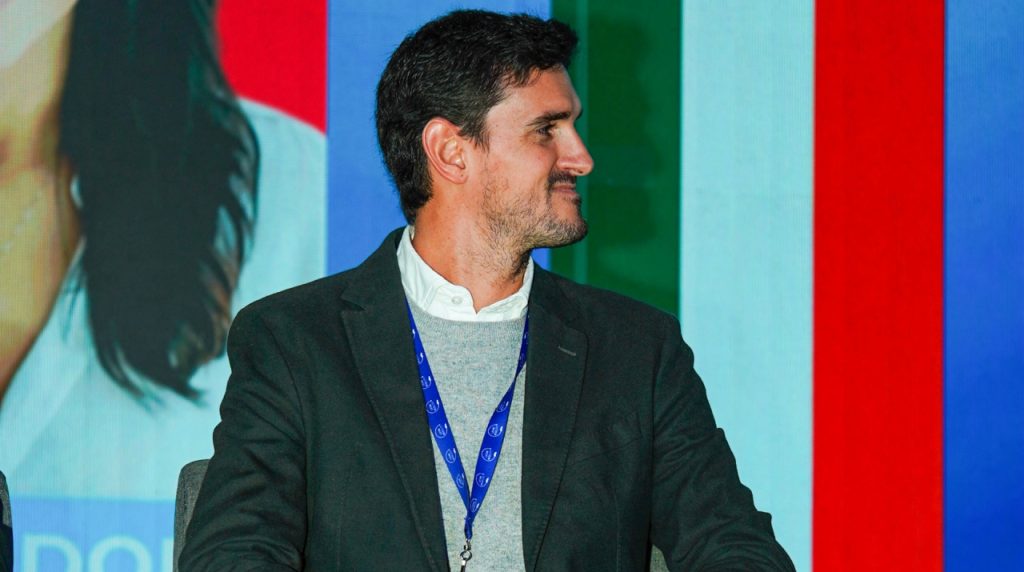
Opportunities in Mexico
Francisco Cabeza from Huawei spoke about the opportunities Mexico presents in electric mobility, being the fourth country worldwide in commercial vehicles.
“Mexico’s energy matrix is less polluting than that of other countries, which can facilitate the transition to a more sustainable transportation system with electric charging solutions, which are reducing the operational costs of charging electric vehicles,” he noted.
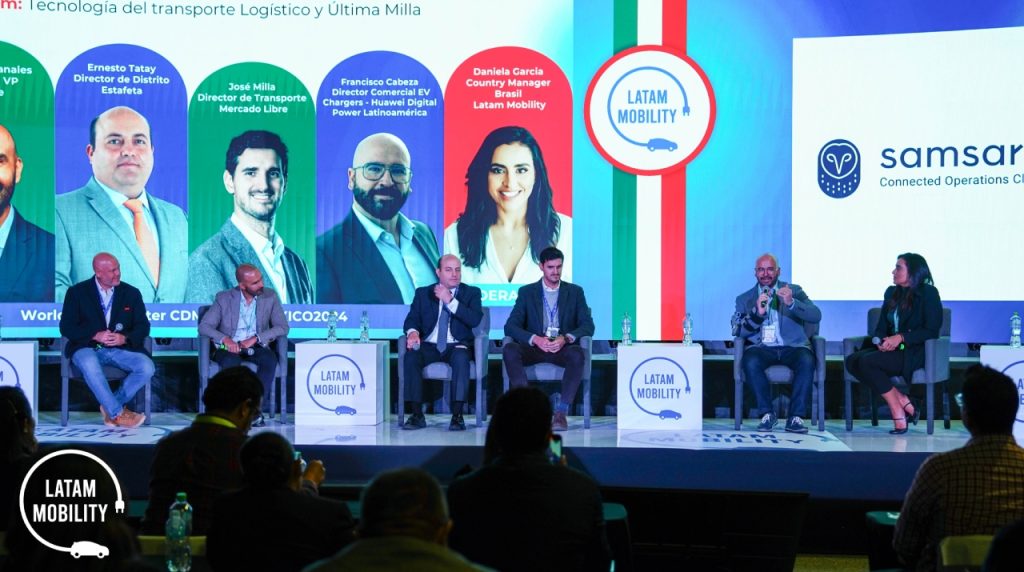
Electric Vehicles in the Last Mile
Fausto López explained that using electric vehicles reduces the carbon footprint and can offer significant savings in the long term. Yutong has implemented a demonstration program to allow customers to experience the benefits of these vehicles.
Santiago Canales emphasized that the transformation to electric mobility cannot be a unilateral effort; it must include both the private and public sectors. Collaboration to develop an adequate infrastructure and a regulatory environment is important to facilitate this transition.
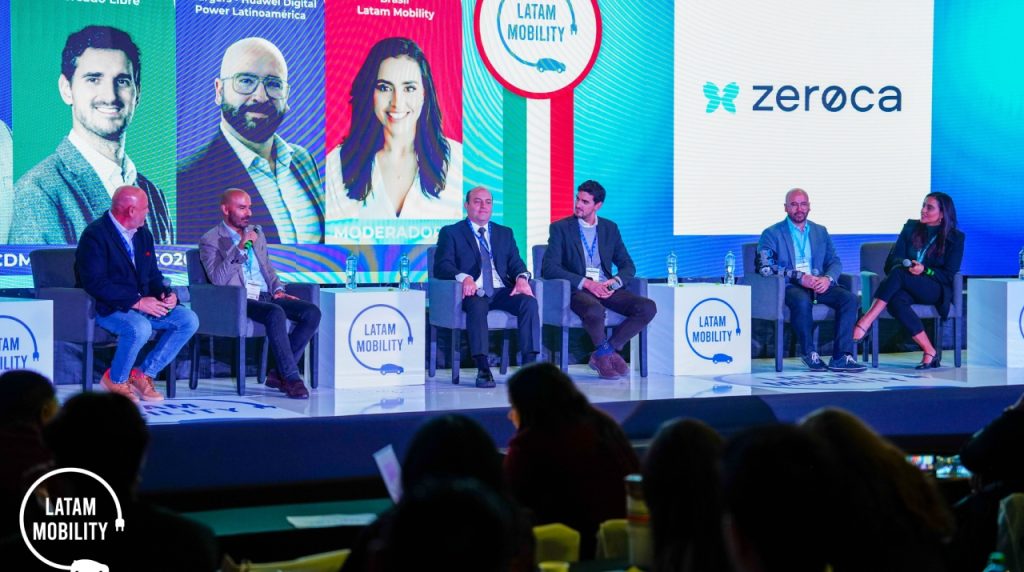
Ernesto Tatay suggested that government incentives are crucial to encourage the adoption of electric vehicles. He cited examples from Norway and Germany, which have implemented successful policies to accelerate the transition to electric mobility.
José Emilia stated that his company is committed to sustainability and is working to increase the reach of its distribution network through electric vehicles, acknowledging that 72% of consumers still prefer to shop online.
In this way, following this discussion, logistics transportation technology and the last mile are at a turning point, with the collaboration between the private sector and government, along with education and training, being fundamental factors to move towards a greener and more efficient future.
Challenges in Implementing Sustainable Solutions
The panelists agreed that the main barriers to implementing sustainable transportation solutions in the last mile are:
- Inadequate infrastructure: The lack of charging stations and support networks is a significant obstacle, especially in rural areas.
- High initial costs: The initial investment in electric vehicles is high, creating resistance among companies.
- Lack of knowledge and culture: Many companies fear change and new technology, hindering the transition.
- Training of personnel: The need to train mechanics and staff in the maintenance of electric vehicles is fundamental.
- Technology integration: New technologies must be seamlessly integrated into companies’ existing technological infrastructures.





